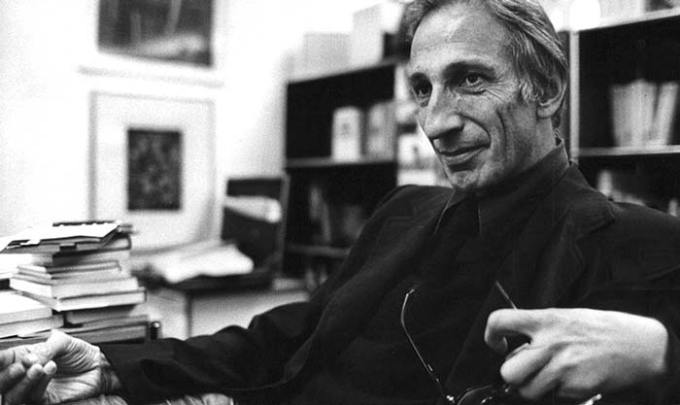The perception of medicalisation consists of medical practitioners recognising common problems in society and placing them with a medical diagnosis that will then require medical treatment. This also links in with the fact that then number of life problems in which are defined has increased massively. (Conrad 2007: 3). As a result of this, it makes you wonder that if in fact these problems should be classed as an illness or not and whether they should be medicalised or not. Over the years there has been a vast growing authority of medicine. In today’s society, medicine has took over people’s minds and every aspect of life to the point in which something that would have never been classed as a medical condition is now started to be seen as an actual illness. When looking at this issue from Illich’s medical imperialism, the theory can be linked to the issues with medicine and society today. Illich said and believes that medicalisation is in fact taking over and that people are becoming dependent on medication and also personal responsibility of the body was being removed because of this. A lot of people’s minds opinions of their bodies were changing as a result of the power in which the medical field has over society and how they see and what they class as a normal body. He believed overall that not only would the medial field take over the body, but it would also take over sociologically. (Illich 1975)
He believes that medical professionals are a lot to blame for society becoming overly medicalised. He believes that these individuals are capable of twisting the truth and putting ideas into people’s heads in order for them to believe that they are in desperate need of more health care, i.e, creating the concept of iatrogenic. (Illich, 2005, cited in Dunn-Kenney, 2013).
Imperialism assumes that the medical profession and doctors are the main contributors towards medicalisation and the different conditions. It has been found that there are goals set in place in order to solve these issues and gain back social control (Cockerham, 2013).
Freidson (1970) argues explaining that although yes medicine is based on objective science, the submission of it by professionals is not. As well as this he said that the definitions of illness of the medical professionals are highly influenced by social, political and cultural factors in which are found in the society that they live in. (Martimianakis et al, 2009, cited in Boateng & Black, 2012).
Medicine is now becoming de-professionalised according to Clouston & Westcott (2005). This means that some of the power has officially been taking away from a lot of medical practitioners. Because the awareness of the public and medical knowledge has increased, the authority and power in which is held by doctors is finally being approached and challenged. As a result of this, power imbalance of the expert medical professional and the non-expert patient is re-addressed. (Clouston & Westcott, 2005:68).
